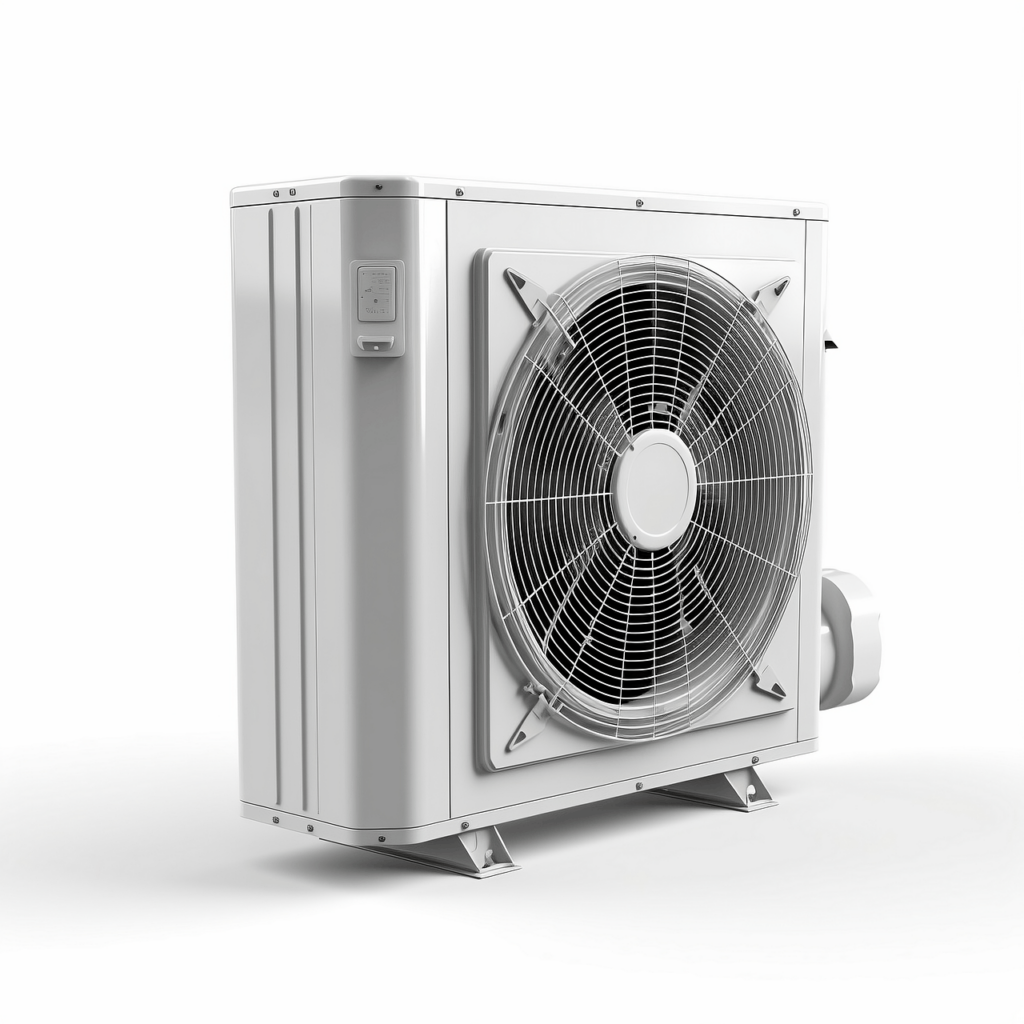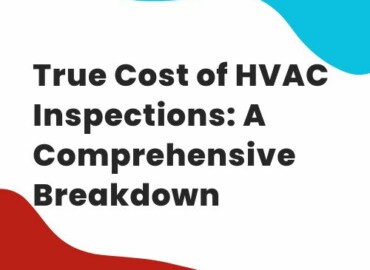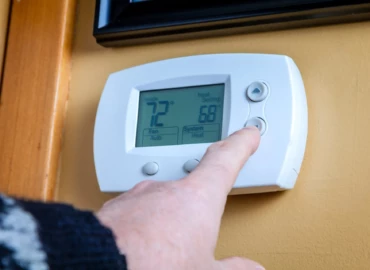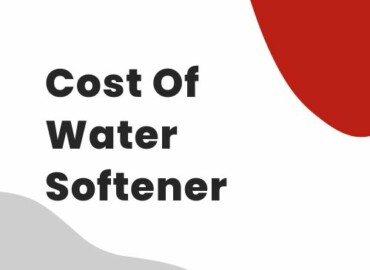Should i Buy a Heat Pump For My Home in Canada?
Are you considering upgrading your home’s heating and cooling system? If so, you may have come across the option of installing a heat pump. But what exactly is a heat pump, and is it the right choice for your home? In this comprehensive guide, we’ll delve into the world of heat pumps, exploring their benefits, drawbacks, and everything in between. By the end, you’ll have a clear understanding of whether a heat pump is the right investment for your home.
What Is a Heat Pump?
A heat pump is an electric home appliance that provides both heating and cooling functionalities. Unlike traditional HVAC systems that rely on separate air conditioners and heating systems, a heat pump can handle both functions in one unit. This versatility makes heat pumps an attractive option for homeowners looking to streamline their HVAC systems.
The key advantage of heat pumps lies in their efficiency. These innovative devices are designed to move heat from one place to another, rather than generating it from scratch. In cooling mode, a heat pump transfers heat from inside your home to the outside, effectively cooling the indoor environment. This process is similar to how your refrigerator or air conditioner works, utilizing a refrigerant to extract heat from the air.
But here’s where heat pumps truly shine: they can also work in reverse to provide heating during colder months. By extracting heat energy from the outside air, even in temperatures as low as negative 25 degrees Fahrenheit, heat pumps can efficiently warm your home. This ability to transfer heat from the outside air to the inside makes heat pumps a highly efficient and environmentally friendly heating option.
The Pros of Heat Pumps
1. Energy Savings
One of the most significant advantages of heat pumps is their energy efficiency. Traditional heating systems, such as furnaces and boilers, rely on burning fossil fuels or using electric resistance, which can be highly inefficient. In contrast, heat pumps operate by moving heat rather than generating it, consuming much less energy in the process.
Heat pumps, particularly mini-split systems, often have higher Seasonal Energy Efficiency Ratio (SEER) ratings than traditional air conditioners. This means that when in cooling mode, they run more efficiently, resulting in potential energy savings for homeowners.
2. Utility Bill Savings
Switching to a heat pump can lead to substantial savings on your utility bills. According to a recent analysis, the average homeowner in the United States can save $667 per year by making the switch. For those replacing electric baseboards, electric furnaces, fuel oil, or propane heating systems, the savings can be even greater, reaching up to $1,000 per year.
While heat pumps may require a higher upfront investment compared to traditional systems, the long-term cost savings can often offset this initial expense. In many cases, homeowners can recoup their investment within 8-12 years, making heat pumps a financially sound choice.
3. Improved Comfort
In addition to saving you money, heat pumps can enhance the overall comfort of your home. On hot and humid days, heat pumps function as dehumidifiers, gradually reducing moisture levels in the air. Even on cooler but humid days, you can run your heat pump as a dehumidifier while maintaining a comfortable temperature.
Furthermore, many heat pumps are equipped with variable-speed capabilities, providing more consistent temperatures compared to single-stage furnaces or air conditioners. This ensures that your home remains comfortable throughout the day without drastic temperature fluctuations.
4. Environmental Friendliness
Heat pumps are not only energy-efficient but also environmentally friendly. Unlike traditional heating systems that rely on fossil fuels, heat pumps operate on electricity. Pairing a heat pump with a renewable energy source, such as rooftop or community solar, allows you to heat your home without contributing to greenhouse gas emissions.
Compared to other electric heating systems like baseboard heaters or electric furnaces, heat pumps offer significantly higher energy efficiency. Additionally, most heat pumps, especially mini-splits, have higher SEER ratings than standard air conditioners, resulting in reduced energy consumption during cooling mode. By choosing a heat pump, you can minimize your carbon footprint and contribute to a greener future.
5. Ductless Option
Many homes lack ductwork, making it challenging to install traditional air conditioning systems. However, ductless heat pumps, also known as mini-splits, provide a viable solution. These systems do not require ducts and offer a more aesthetically pleasing alternative to window air conditioners.
Ductless heat pumps consist of an outdoor unit and one or more indoor units, which can be mounted on walls or ceilings. Each indoor unit is controlled independently, allowing for targeted cooling or heating in specific areas of your home. This zoning capability adds flexibility and convenience to your heating and cooling preferences.
The Cons of Heat Pumps
1. Higher Upfront Cost
One of the drawbacks of heat pumps is their higher initial cost compared to traditional heating and cooling systems. While a basic air conditioner or furnace can cost less than $5,000, the average heat pump installation can be around $14,000. It’s important to note that this higher cost is due to the heat pump’s ability to replace both heating and cooling systems in one unit.
Additionally, heat pumps often incorporate advanced technology, such as variable-speed inverters, high SEER ratings, and zone controls. These added features contribute to the higher upfront cost but offer improved efficiency and comfort in return. However, it’s worth considering that various states and utility companies offer rebates and incentives to help offset the initial investment.
2. Electrical Requirements
Another consideration when installing a heat pump is the electrical requirements. If your current heating system relies on fossil fuels such as natural gas, fuel oil, or propane, you may need to upgrade your electrical panel to accommodate the electrical demand of the heat pump.
However, it’s crucial to consult with a qualified HVAC technician before assuming that an electrical panel upgrade is necessary. In some cases, alternative solutions may be available that do not require extensive electrical work. Seeking multiple professional opinions can help ensure that you make an informed decision regarding your electrical setup.
3. Lower Performance in Extreme Cold
While heat pumps are capable of operating in cold climates, their efficiency can decrease as temperatures drop. HVAC installers often claim that heat pumps are ineffective below 30 or 40 degrees Fahrenheit, but this is a misconception. Heat pumps can operate efficiently in much colder temperatures, down to negative 25 degrees Fahrenheit.
However, in extremely cold regions, such as Alaska or North Dakota, the cost savings of a heat pump may be less significant, especially when compared to the relatively lower prices of fossil fuels. In poorly insulated homes located in areas with consistently frigid temperatures, a dual-fuel system that combines a heat pump with a furnace might be a more practical solution.
FAQ
Are Heat Pumps Noisy?
Contrary to popular belief, heat pumps are not louder than other heating and cooling systems. They generally produce noise levels of around 40-50 decibels, which is comparable to a quiet dishwasher. This noise level is consistent with that of furnaces or traditional air conditioners.
Are Heat Pumps Expensive to Run?
Traditional electric heating systems, such as electric furnaces and baseboards, can be costly to operate due to their inefficiency. Heat pumps, on the other hand, are significantly more energy-efficient, consuming three to four times less electricity. This increased efficiency translates to lower operating costs for homeowners.
Are Heat Pumps More Efficient Than Air Conditioners?
Assuming a heat pump and an air conditioner have the same SEER rating, they will consume the same amount of electricity for cooling purposes. However, many heat pumps have higher SEER ratings than typical air conditioners. Additionally, ductless mini-split heat pumps offer the advantage of cooling only the rooms you use, further enhancing their efficiency.
Do Heat Pumps Work in Cold Weather?
Heat pumps are designed to operate in cold weather conditions, contrary to the misconception that they only function in warmer climates. They can effectively extract heat energy from the outdoor air, even in freezing temperatures. This makes heat pumps a viable heating solution for regions with colder climates.
What Size Heat Pump Should I Get?
Determining the appropriate size of a heat pump for your home requires a professional assessment. An energy audit or Manual J load test can accurately determine the capacity required to adequately heat or cool your living space. While general rules of thumb based on square footage may seem convenient, investing in an energy audit is recommended for accurate sizing.
Are Heat Pumps Truly Environmentally Friendly?
Heat pumps offer a significant environmental advantage over other heating and cooling systems. Their exceptional energy efficiency and compatibility with renewable energy sources make them a greener option. By reducing energy consumption and utilizing renewable energy, heat pumps contribute to lower carbon emissions and a more sustainable future. In conclusion, heat pumps offer numerous benefits, including energy savings, utility bill reductions, enhanced comfort, and environmental friendliness. While the higher upfront cost and electrical requirements may be considerations, the long-term advantages outweigh such drawbacks for many homeowners. By making an informed decision based on your specific needs and climate conditions, you can enjoy the efficient and eco-friendly heating and cooling provided by a heat pump.




